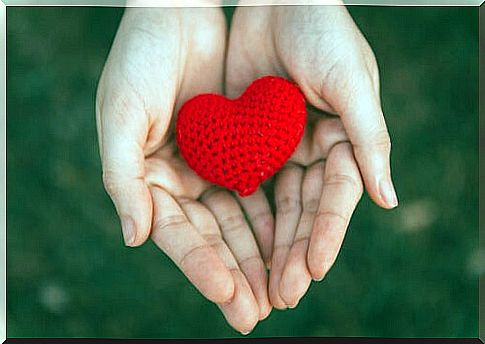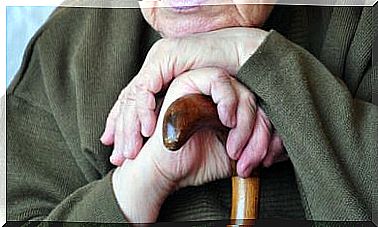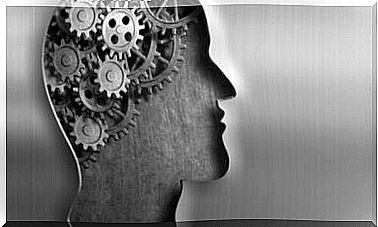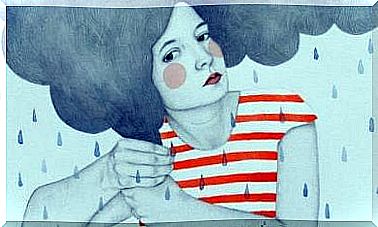Empathy, The Difficult And Enriching Task Of Putting Ourselves In The Shoes Of Others

We are connected with our interior, but also with the exterior, and in both types of connections, empathy plays a very important role. In addition, thanks to technological advances, the outside world with which we can interact and interact is increasingly wide.
Being broader and the communication channels more extensive but with less information, empathy becomes more difficult. Think, for example, how difficult it can be to empathize with a person with whom you communicate through text messages, and how easy it can be to achieve this with someone with whom you communicate face-to-face.
What is empathy?
We can define empathy as the ability to understand the emotional state (emotions and feelings) and cognitive (ideas or thoughts) of other people or of ourselves. Furthermore, this understanding is the consequence of having put ourselves in the circumstances of the other.
It is not an easy or simple exercise and sometimes to achieve it it is necessary to put aside the stereotypes that our minds are so fond of. In addition, it is a complex exercise, because the world of another person or our own is, and it requires a good part of our attentional resources.

On the other hand, there are people and circumstances that have the power to provoke more empathy than others. In this sense, it will be easier for us to be empathetic with people who are similar to us or with people who demand our help. In the first case, because it would be easier for us and, in the second, because we will have a good reason to do so if we perceive your request as sincere.
His enemies
Human beings are, in part, the product of situations that shape us from birth. Thus, the indifference or lack of empathy that some people experience may be due to different factors:
- Egocentricity.
- The distrust.
- The loss of values.
- Individual competition to get as high as possible, at any price.
- The racial, educational and social stratum divisions.
On the other hand, we can say that the lack of empathy takes its toll. It takes us away from warm and sincere hugs, the disinterested gift, the friendly smile, the hand that reaches out without asking for anything in return. The law of the strongest, in the end, prevents understanding the needs of others, be it spouse, family, neighbor, partner, friend.
How does it help us?
We are going to try to answer this question by taking a trip through different examples:
- In a relationship with a partner, we will increase the probability that our relationship will work if from time to time we put ourselves in the shoes of the other. In this way we will understand the need for affection of the other and the origin of any of their emotions. Accepting a history of mutual positive and negative experiences will help you live, not just survive.
- In a company, if the employee understands the need for the company to increase performance and the boss provides what is necessary, the work environment will improve, and thus production.
- Being empathetic makes us more sensitive and respectful to the limitations of others. Thus, for example, through empathy we will be able to understand the frustration that caregivers of people who have certain physical or psychological limitations may feel.

- If parents remembered that they were children and adolescents, there would be more understanding and communication and the generation gap will decrease. After all, being a parent doesn’t radically erase all your memories, and many times you just need a key to remember them.
- In children and adolescents, enhancing empathy is an excellent resource to prevent possible undesirable social behaviors, such as bullying or passivity in the face of bullying. For example, the KIVA method, applied in Norway, targets the viewer of the abuse by facilitating empathy for the victim, in ways that prevent and prevent it.
Empathy is a relational skill that serves precisely to improve relationships, strengthen ties and bring hearts closer. In addition, it is very useful to prevent a good part of modern suffering, deeply marked by the feeling of emptiness and loneliness that has settled in many people, who scream but do not feel heard, recognized and finally loved.









